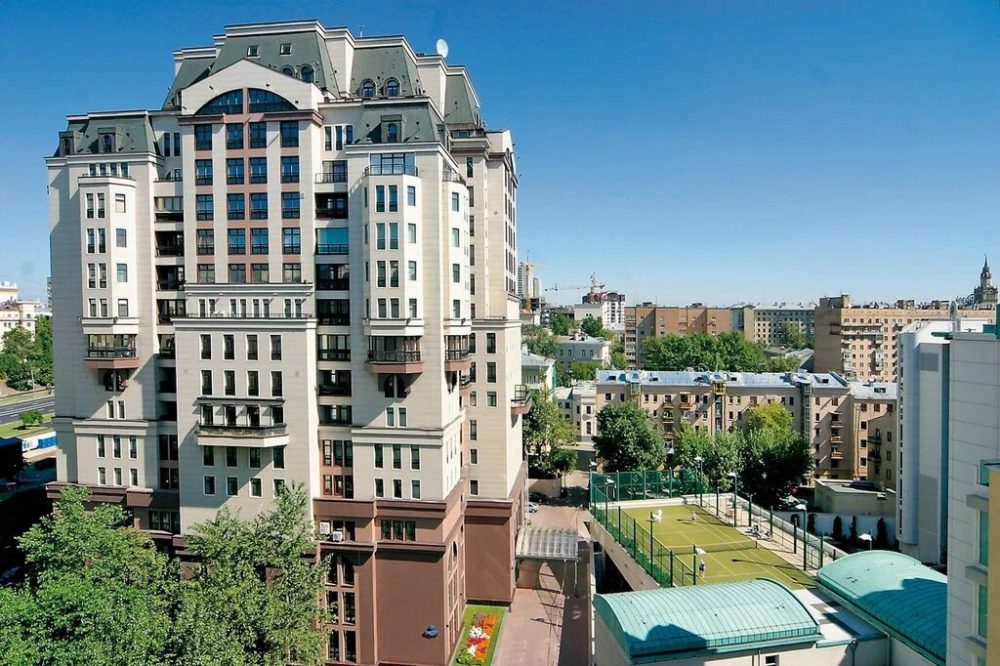International real estate purchase has long ceased to be exotic or exclusively luxurious. Today it is an effective tool for capital growth, asset protection, alternative income generation, and building international mobility. Why buy real estate abroad: the market shows steady growth – according to Knight Frank, in 2024 investments in residential and resort properties outside the home country amounted to $151 billion, increasing by 14% compared to the previous year. The reason is the high price growth rates in some countries, flexible tax models, and simplified procedures for obtaining residency permits.
Geography of benefits: where and why to buy real estate abroad
Investors from the CIS and Eastern Europe more often consider real estate in Turkey, the UAE, Spain, Germany, Cyprus, and Thailand. In each case, there is its own economic logic. Turkey offers citizenship through the purchase of property from $400,000. Dubai has no rental income tax. In Spain, buying property worth €500,000 allows for obtaining a Golden Visa, and the price growth in coastal areas reached 27.3% over the last three years.

Cyprus is attractive due to stable legal property rights protection and a tax system without double taxation. In Thailand, rental rates at tourist resorts range from 5.5% to 9.1% annually, and the entry threshold starts from $80,000 – lower than in Europe or the UAE.
Profitability mechanics: how foreign investment works
Answering the question of why buy real estate abroad, it should be noted that income generation depends directly on several parameters:
- Initial investments: price per m², legal registration, renovation, equipment, transaction taxes.
- Rental income: the average monthly income depends on the rental format (long-term, short-term, corporate) and location.
- Potential price growth: in 2023, the average apartment price in Lisbon increased by 12.5%, in Athens by 9.2%, in Dubai by 14.1%.
- Maintenance expenses: taxes, utilities, property management services, depreciation, and insurance.
The average rental yield is:
- Dubai – 7.4% annually.
- Bodrum (Turkey) – 6.2%.
- Limassol (Cyprus) – 5.5%.
- Barcelona – 4.1%.
Legalization through square meters: citizenship, residency, tax residency
Buying foreign real estate increasingly serves as a tool for migration strategy. “Citizenship by investment” programs are available, for example, in Turkey (from $400,000), Antigua and Barbuda ($200,000), St. Kitts and Nevis (from $250,000). “Golden visa” programs are available in Portugal, Spain, Greece, Latvia, and Malta.
In addition to residency permits, investors gain access to the international education, healthcare, banking systems, and the opportunity to legally conduct business in the EU or the Middle East. In Greece, for example, residency is granted upon purchasing property worth €250,000, the processing time is up to 60 days, tax residency is provided when staying in the country for at least 183 days a year.
Examples of strategies for buying real estate abroad for investors with different goals:
- Rental income. Moscow → Dubai: buying a studio in Jumeirah Village Circle for $155,000 brings $13,000 per year with 85% occupancy.
- Second passport. Business owners → Turkey: buying two apartments for $450,000 = Turkish passport + visa-free travel to 110 countries.
- Capital protection. Kiev → Limassol: buying apartments in an EU country with property rights protection.
- Child education. Almaty → Barcelona: buying an apartment in Les Corts for €520,000 grants family residency and access to Spanish schools.
- Relocation. Minsk → Halkidiki: buying a house for €260,000 + obtaining residency + registering a car and medical insurance in the EU.
Key criteria when choosing foreign real estate:
- Location. Demand level, infrastructure, proximity to beaches/center/schools.
- Legal status. Type of ownership, rental permission, foreigner rights protection.
- Taxation. Rental rates, property, inheritance, capital gains taxes.
- Management. Presence of property management company, rental control, fees, and reporting.
- Growth prospects. Market dynamics over the last 3-5 years, region investments, tourist flow.
- Requirements for obtaining residency/citizenship. Purchase amount, ownership form, required stay in the country.
- Yield. Actual and projected profit levels, payback, risks.
Digital transparency: technologies serving property owners
Digital platforms like Property Finder (UAE), Idealista (Spain), Spitogatos (Greece) allow tracking analytics, comparing prices, and even conducting transactions remotely. Property management companies offer apps with daily reporting: number of bookings, revenue, expenses, tenant reviews. In countries with high digitalization levels – UAE, Portugal, Cyprus – transactions are fully electronic, including contract signing, mortgage processing, and property registration.

Risks and how to control them
Why buy real estate abroad – a question of logic, not impulse. However, even the perfect property does not eliminate risks: currency exchange rate fluctuations, rental price fluctuations, legislative instability, or construction delays. To minimize threats:
- Buy in completed projects with registered property rights.
- Work through a licensed agent with an international portfolio.
- Have insurance and a reserve fund for property maintenance.
- Check all documents before payment through a local lawyer.
Why buy real estate abroad – a point of stability in a turbulent world
Why buy real estate abroad: an investment creates a new level of freedom – financial, logistical, legal. It is a way to protect and grow capital, expand horizons, and achieve stability in a rapidly changing world. A conscious approach, reliance on numbers, clear goals, and a sound ownership structure turn a purchase into a full-fledged investment strategy, not an expensive hobby. That is why the answer to the question is simple: for control over the future and the opportunities that the whole world opens up.
 en
en  ru
ru  de
de  ar
ar  es
es  nl
nl  hi
hi  fr
fr  it
it  pt
pt  el
el 










